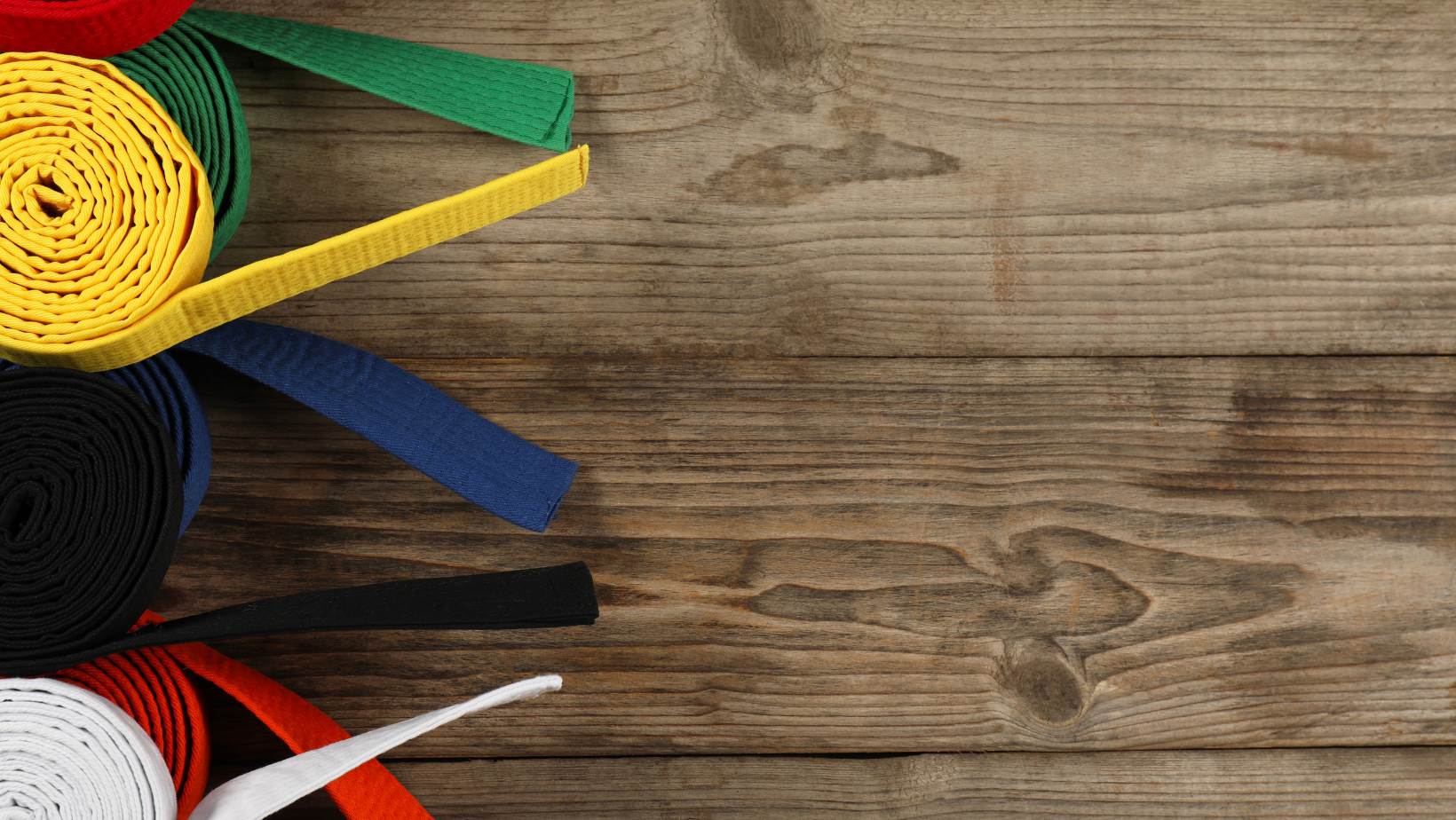As with any activity that includes physical exercise, Brazilian Jiu Jitsu necessitates its own set of recommended courses of action for injury prevention and recovery.
Warming Up
First things first. A crucial part of minimizing the risk of injury in Brazilian Jiu Jitsu is a comprehensive warm-up regimen: During your warm-up, it is always a good idea to focus on the techniques you will be practicing during each training session or competitive match. It is also crucial to listen to what your body tells you, spending more time stretching the areas that need it most. Routine warm-ups may include various actions and stretches such as arm circles, leg swings and the twisting of your core.
Building Strength and Endurance
In addition to promoting flexibility and mobility in your warm-up, it is beneficial to incorporate strength building into your Brazilian Jiu Jitsu conditioning program to prevent injury. Building your endurance by safely working up to longer and more intense Brazilian Jiu Jitsu workouts will help to increase recovery ability as well as minimize fatigue in future training and competition, thereby reducing injury risk.
Preventing Injury and Promoting Recovery During Training
It is vital, especially when introducing any newcomers to the sport of Brazilian Jiu Jitsu, to always remain mindful that you are working with a training partner who may not always exhibit the proper amount of control. Wearing appropriate protective gear, such as a mouthguard and knee and elbow pads, also prove effective in preventing injury. Plus, you should always make sure that you never take things too far, making early tapping during your Brazilian Jiu Jitsu training a vital part of safety protocol.
Getting Good Rest
Adequate sleep is essential for Brazilian Jiu Jitsu practitioners of all abilities. For Brazilian Jiu Jitsu training and competition at a safe level, medical experts recommend between seven and nine hours of uninterrupted sleep per night. Proper rest also includes taking the breaks needed between matches. Plus, it is important to note that Brazilian Jiu Jitsu practitioners (or anyone participating in physical exercise or activities) should never train through pain or even discomfort, as this can worsen an injury. If you have suffered an injury, adequate sleep will also help your body to recover as quickly as possible.
Proper Nutrition
A nutritious diet, including the proper balance of protein (such as lean meats and fish), carbohydrates (grains, pasta, rice and potatoes) and even healthy fats (like full fat yogurt, eggs and avocados), is another exceptional way to help support injury recovery.
Injury Recovery
If you do think you may have been injured, even if it seems minor, it is important to immediately stop and take a break, carefully assess the situation and administer first-aid as needed. Don’t forget that consulting a professional – such as your trainer and/or a medical professional is always recommended after suffering an injury in Brazilian Jiu Jitsu. Proper nutrition, rest and protection of the injured area are all beneficial to recovery, as is icing and elevating the injured area. Adequate hydration will also promote healing. Gentle movement and stretching (before reaching the point of pain) to regain flexibility may also be used, as may rehabilitation exercises, walking and light yoga for building back strength.
Upon reentering Brazilian Jiu Jitsu training, the injured practitioner should also manage the intensity of their training and conditioning. Never rush the process, as healing takes time. Be mindful of what your body tells you, treating pain and adjusting actions and physical activity accordingly to prevent further injury. Avoid any activity that aggravates the injury. Temperature may also be used to facilitate healing of an injury. For instance, applying ice packs can help to minimize inflammation. Conversely, heat packs can help to ease muscle spasms if an injured Brazilian Jiu Jitsu practitioner happens to experience those.
Types Injuries in Brazilian Jiu Jitsu
Some of the more common injuries which may occur in Brazilian Jiu Jitsu include:
Lower back injuries may be caused by a spinal twist, hyperextension or occur when a Brazilian Jiu Jitsu practitioner is on the bottom during sparring or a match and excessive stress is placed on the pelvic area. It is important to determine whether the injury is a muscle injury or slipped disc, as recommended treatment for each will differ. (Note: Tingling that radiates through the arm and in the fingers may be a sign of nerve damage due to a slipped disc.)
Knee injuries can occur when coming down hard on the mat and they can manifest as a hyperextension when there is excessive pressure placed on the joint.
Shoulder injuries can result from moves such as arm locks or when the arms are held too loosely at the side, leaving one exposed to being rolled by the arm. Aggressive resistance during this move can result in excess force on the shoulder. The shoulder is a ball and socket which, when injured, can result in pain and/or tightness or stiffness.
Ear injuries – Shooting and grappling may sometimes result in torn cartilage or a blunt injury to the ear which can cause blood to rush to the injured area. To avoid what is referred to as cauliflower ear, it is wise to carefully monitor and appropriately limit aggressive moves during sparring.


